Comprehensive Smartphone Buying Guide
Buying a smartphone can feel overwhelming with so many choices on the market. This expert guide will help you navigate the decision-making process by focusing on essential factors, comparing top-rated options, and offering tailored recommendations for different budgets and user types. By the end, you’ll feel confident in choosing the perfect smartphone for your needs.
✅ Subscribe for the latest tech reviews and tips!: https://www.youtube.com/@SmartTechShopping
Factors to Consider When Buying a Smartphone
1. Performance
- Processor (CPU/GPU): Determines speed, multitasking capabilities, and gaming performance. High-end processors like the Apple A17 Bionic or Snapdragon 8 Gen 2 offer top-notch performance, while mid-range options like MediaTek Dimensity 9000 or Snapdragon 7 Gen 1 deliver decent power at lower prices.
- RAM: Essential for multitasking. Aim for at least 6GB for smooth performance; 8GB-16GB is ideal for power users.
- Storage: Choose 128GB or more if you take lots of photos, videos, or use apps extensively. Look for expandable storage if available.

2. Features
- Camera: Look for multi-lens setups, larger sensors, optical image stabilization (OIS), and features like night mode and 4K/8K video recording. For top-tier camera performance, consider the iPhone 15 Pro, Google Pixel 8 Pro, or Samsung Galaxy S23 Ultra. Buy Now

- Battery Life: A battery capacity of 4,000-5,000 mAh is recommended for all-day usage. Consider fast-charging capabilities and wireless charging support.
- Connectivity: Ensure compatibility with 5G networks, Wi-Fi 6/6E, and Bluetooth 5.3 for future-proofing.
- Software Updates: Check if the brand offers regular software and security updates. Longer support is crucial for longevity.
3. Durability
- Build Materials: Opt for aluminum frames and Corning Gorilla Glass for enhanced durability. Flagships often use premium materials like ceramic or titanium.
- Water and Dust Resistance: Look for IP67/IP68 ratings for protection against water and dust.
4. Design
- Display Quality: OLED or AMOLED screens provide vibrant colors and deep blacks. Look for 120Hz refresh rates for smoother visuals.
- Ergonomics: Consider size, weight, and comfort. Compact phones like the iPhone 13 Mini cater to smaller hands, while larger devices like the Samsung Galaxy Z Fold 5 offer tablet-like experiences.
5. Brand Reliability
- Customer Support: Brands like Apple and Samsung are known for reliable support.
- Ecosystem Integration: If you’re invested in a particular brand (e.g., Apple, Samsung, or Google), choose devices that integrate well with other products.
Key Questions to Ask Yourself
- What’s my budget? Determine a price range before shopping.
- What will I use it for? Gaming, photography, productivity, or general use.
- Do I prefer a specific operating system? iOS (Apple) or Android.
- How important is battery life to me? Consider how often you charge.
- What screen size do I want? Smaller screens for portability, larger for media and multitasking.
- Do I need advanced camera features? Think about your photography and video needs.
- Will I keep this phone for several years? Look for durable builds and long software support.
Click To View Comprehensive Smartphone Buying Guide: https://youtu.be/JSpWgea7CXQ?si=9CJEqWVF9Z4SI0cI
Top-Rated Smartphones: Comparison and Recommendations
| Model | Strengths | Weaknesses | Best For |
|---|---|---|---|
| iPhone 15 Pro Max | Exceptional performance, versatile cameras, durable titanium build, seamless iOS ecosystem | Expensive, limited customization | iPhone enthusiasts, power users, photographers |
| Samsung Galaxy S23 Ultra | Best-in-class cameras, large AMOLED display, S Pen support, long battery life | Bulky size, expensive for casual users | Productivity, creators, Android power users |
| Google Pixel 8 Pro | AI-driven photography, stock Android, guaranteed updates | Smaller ecosystem, slower charging | Photography enthusiasts, Android purists |
| OnePlus 11 | Affordable flagship, fast performance, stunning display | Limited camera quality compared to flagships | Budget-conscious buyers, gamers |
| Google Pixel 7a | Affordable price, excellent camera for the price, clean software | Slower processor, smaller screen | Budget users, casual photographers |
| iPhone SE (3rd Gen) | Affordable iOS entry point, compact design | Outdated design, average battery life | iOS users on a budget, compact phone fans |
Tailored Recommendations by Budget
Entry-Level (< $300)
- Google Pixel 6a: Excellent camera, clean Android experience, decent performance. Buy Now

- Samsung Galaxy A54 5G: Great display, long battery life, solid mid-range performance. Buy Now
Mid-Range ($300–$600)
- Google Pixel 7: AI-powered camera, smooth performance, and clean software. Buy Now
- OnePlus Nord 3: Fast charging, good display, and performance for gaming. Buy Now

Premium ($600–$1,000)
- Samsung Galaxy S24: Compact yet powerful with great cameras and battery life. Buy Now

- iPhone 14: Great performance and cameras with iOS stability. Buy Now
Ultra-Premium ($1,000+)
- iPhone 15 Pro Max: The ultimate flagship for iOS users with advanced features. Buy Now

- Samsung Galaxy Z Fold 5: Ideal for multitasking and productivity with its foldable screen. Buy Now
Tips for Maximizing Value
- Buy Last Year’s Flagship: Models like the iPhone 14 or Samsung Galaxy S22 Ultra offer high-end features at reduced prices.
- Trade-In Programs: Many brands and carriers offer trade-ins to offset the cost of a new device.
- Carrier Deals: Look for promotions that include discounts or additional benefits.
- Refurbished Phones: Certified refurbished devices are a great way to save money while ensuring quality.
- Avoid Overpaying for Unnecessary Features: If you don’t game or edit videos, you may not need a flagship processor or extensive RAM.
Common Pitfalls to Avoid
- Ignoring Software Updates: Ensure the phone will receive regular updates for at least 3-5 years.
- Buying Based on Hype: Focus on features you’ll actually use, not just flashy marketing.
- Overlooking Carrier Compatibility: Make sure the phone supports your carrier’s network bands, especially for 5G.
- Skipping Reviews: User reviews and expert opinions provide valuable real-world insights.
- Neglecting Return Policies: Check if there’s a return window in case the phone doesn’t meet your expectations.
Final Thoughts
Choosing the right smartphone boils down to your budget, needs, and preferences. Premium devices like the iPhone 15 Pro Max and Samsung Galaxy S23 Ultra excel in performance and features but come at a cost. Meanwhile, mid-range options like the Google Pixel 7 or OnePlus 11 strike a balance between price and quality. By assessing your priorities and avoiding common mistakes, you’ll find a device that fits seamlessly into your lifestyle.





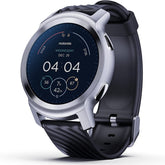
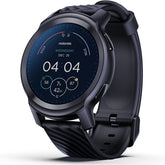
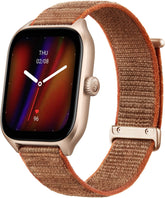
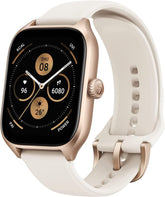
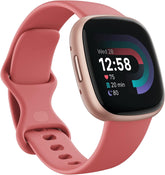
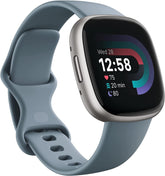
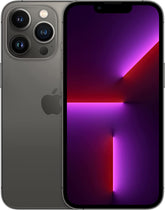
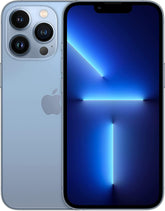
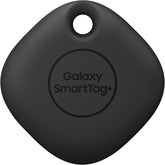
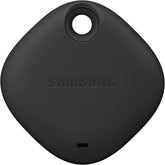
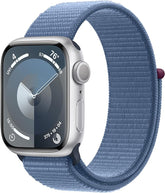

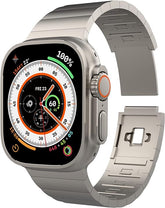
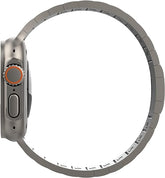
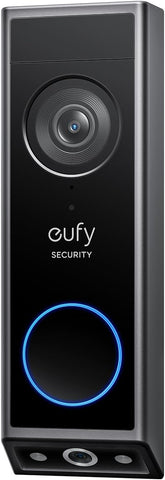
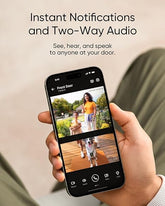
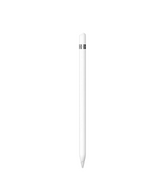

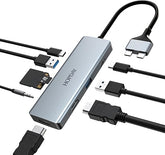
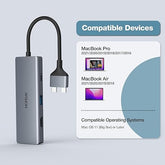
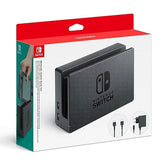
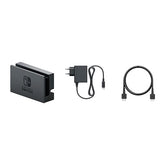
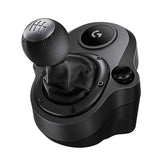
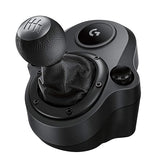


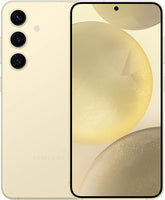
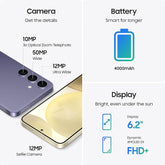
![["B0B1L87TMY"]](http://smarttechshopping.com/cdn/shop/products/7110BNil-dL._AC_SL1500_165x.jpg?v=1695449139)
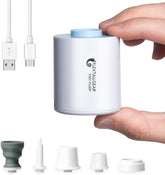
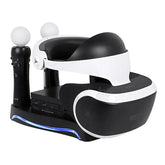


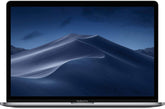
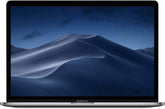

Leave a comment
Please note, comments need to be approved before they are published.